|
The Versus History Essay Prize (#VHEssayPrize) is an annual essay competition for Year 11-13 (or equivalent) students across the world. The #VHEssayPrize aims to promote history as an academic discipline and a popular pursuit amongst the future generation of historians, who will ultimately play a key role in preserving and interpreting our global past and heritage. Versus History is dedicated to democratizing access to, and inclusion in, the field of history, and offering essay prizes contributes to this goal. Questions for the 2024 competition can be found here. Guidelines:
The #VHEssayPrize carries a First Prize of £100, plus a range of other awards, including publication to the Versus History website and the option to appear on the Versus History Podcast to discuss your work. In addition, further outstanding essays will be highly commended and letters of recognition sent to these participants. Queries from students or teachers of students intending to submit an essay for the #VHEssayPrize may be directed to us via email or social media. The Questions for 2024 can be downloaded in PDF format below. Past Winners 2023 1st Prize (Joint): Neave Rees (King Edward VI High School For Girls) 1st Prize (Joint): Anoushka Sood (St Albans High School For Girls)
0 Comments
In the ever-evolving world of music consumption, where digital streams and downloads have long been king, an old challenger stirs from its slumber, capturing hearts with its warm, rich sound and tangible connection to the music of yesteryears. Vinyl records, those grooved discs of nostalgia, have been spinning a tale of resurgence, turning the tables on modern music consumption trends and carving out a significant niche in a digital-dominated market. This isn't just a fleeting revival but a sustained crescendo of interest and sales that speaks volumes about our collective longing for authenticity and tactile experiences in an increasingly virtual world. The story of vinyl's comeback is one for the ages, marked not only by a yearning for the past but by a genuine appreciation for the unique auditory experience that vinyl offers. In an age where music is often consumed in the background, the ritual of playing a vinyl record demands attention and engagement. From the act of flipping through crates to find the perfect album, to the gentle placing of the needle on the record's surface, vinyl offers a multisensory experience that digital formats struggle to match. It's this intimate interaction with music that has endeared vinyl to a new generation of listeners and rekindled the love of seasoned collectors. The numbers speak louder than any skeptic's doubt. According to the Recording Industry Association of America (RIAA), vinyl record sales have been climbing steadily for over a decade, with a remarkable resurgence that saw sales jump from under a million units in 2007 to over 27 million in 2020. This isn't merely a blip on the radar; it's a booming declaration of vinyl's place in the present and future of music. The British Phonographic Industry reported a similar trend, with vinyl sales reaching a 30-year high in the UK. These figures underscore a global movement, a collective nod to the enduring allure of vinyl in an ephemeral digital landscape. But what's driving this vinyl vogue? Beyond the tactile and auditory appeal, vinyl records have become a statement of personal and aesthetic taste. Album art, once relegated to thumbnail sizes on digital platforms, is appreciated anew for its artistic value, with gatefold sleeves and colored vinyl adding to the allure. Vinyl has become synonymous with a certain chic, a stylish accessory for the home as much as a medium for music. Record stores, too, have experienced a renaissance, transforming into cultural hubs for music lovers to gather, discuss, and discover music together.
Artists and labels have taken note, releasing special edition vinyl records that cater to collectors and audiophiles alike. Limited runs, special pressings, and record store day exclusives have become events in their own right, fueling the excitement and exclusivity around vinyl collecting. This symbiotic relationship between artists and listeners, with vinyl as the medium, has enriched the music ecosystem, providing a tangible link between the two. The resurgence of vinyl is more than a nod to the past; it's a celebration of the enduring power of music in a physical form. As we navigate the digital age, the vinyl revival is a reminder that in our quest for convenience, there's still room for the timeless, the tactile, and the authentic. Vinyl records, with their warmth and character, offer not just a way to listen to music but to experience it fully, deeply, and together. In the grooves of each record lies a story, a piece of history, and a testament to the undying appeal of dropping the needle and getting lost in the music. #VersusHistory The fall of Tsar Nicholas II in March 1917 marked the end of the Romanov dynasty, which had ruled Russia for over three centuries. This pivotal event didn't occur overnight but was the culmination of years of turmoil, war, and revolution.
The roots of the Romanov downfall can be traced back to a series of economic, social, and political crises that eroded the foundations of Tsarist rule. The rapid industrialization of the late 19th and early 20th centuries had profound effects on Russian society. While cities grew and the middle class expanded, the majority of Russians, peasants, remained impoverished, burdened by heavy taxes and debts. "The history of all hitherto existing society is the history of class struggles," Marx and Engels wrote in the "Manifesto of the Communist Party" (1848), a sentiment that found fertile ground in the vast inequalities of Tsarist Russia. The immediate cause of the Tsar's downfall was Russia's involvement in World War I. The war placed immense strain on Russia's economic, political, and social infrastructure. Military defeats, such as the Battle of Tannenberg in 1914, where Russian forces suffered devastating losses, eroded public trust in Nicholas II's leadership. The Tsar's decision to take direct command of the army in 1915 only worsened matters, as he was personally blamed for subsequent military failures. Nicholas II's reliance on the mystic Grigori Rasputin further discredited his rule. Rasputin's influence over the royal family, particularly his role in treating the heir Alexei's hemophilia, led to widespread rumors and discontent. The murder of Rasputin in December 1916 by nobles only underscored the deep fissures within the elite regarding the Tsar's judgment and the direction of the country. The immediate catalyst for the February Revolution of 1917 was the severe food shortage and economic distress exacerbated by the war. Strikes and demonstrations erupted in Petrograd (now Saint Petersburg) in late February. On March 8 (February 23 in the Julian calendar), International Women's Day, thousands of women took to the streets to protest against bread shortages, joining the strikes. The protests grew over the following days, gaining support from workers, soldiers, and eventually leading to the garrison's mutiny in Petrograd. Nicholas II's response was indecisive. His order to dissolve the Duma (the Russian legislative assembly) and the directive to the military to suppress the uprising by force proved futile. The Duma defied the Tsar's order and established the Provisional Committee to restore order. Simultaneously, the Petrograd Soviet, representing workers and soldiers, formed to challenge the government's authority. On March 15, 1917, faced with the irreversible momentum of revolution and the defection of his military, Nicholas II abdicated the throne, ending the Romanov dynasty's rule. In his abdication letter, Nicholas expressed his hope that "the evil that is now hanging over Russia will be averted and that the government will succeed in leading the people along the path of great achievements." The fall of Tsar Nicholas II was the culmination of an interplay of long-term socio-economic pressures, political missteps, and the immediate impact of World War I. The Romanovs' inability to adapt to the changing tide of history, compounded by the Tsar's personal failures in leadership, set the stage for a revolutionary upheaval that would change the course of Russian history forever. In the pantheon of athletic footwear, few names loom as large or cast as long a shadow as the Nike Air Jordan. Since its initial release in 1985, the Jordan brand has transcended its basketball roots to become a cornerstone of streetwear culture, a symbol of aspirational success, and a case study in branding that marketing scholars and industry professionals regard as the gold standard. The inception of the Air Jordan range, its market reception, and its profound cultural impact offer a fascinating lens through which to examine the intersections of sport, commerce, and identity. The genesis of the Air Jordan can be traced back to a confluence of Michael Jordan's ascendant career and Nike's strategic desire to dominate the basketball sneaker market. At the time, Nike was a significant but not yet dominant force in the athletic shoe industry, and signing Jordan—a rookie with exceptional promise—was a gamble that would catalyze the company's leap into basketball superstardom. Nike's partnership with Jordan was more than a mere endorsement deal; it was an alignment of visions that resulted in a product deeply connected to Jordan's persona and performance on the court. The Air Jordan I, designed by Peter Moore, broke the mold of traditional basketball footwear with its bold color scheme of black and red, which defied the NBA's uniformity of uniform rules and garnered a $5,000 fine per game that Nike gladly paid, further fueling the shoe's rebellious allure. The market reception of the Air Jordan was unprecedented. Initially set to sell 100,000 pairs, the Air Jordan I shattered expectations by moving over 400,000 pairs in its first year alone. This success was not just a testament to Jordan's rising stardom but also to Nike's savvy marketing, which included the iconic "Air Jordan" commercials directed by Spike Lee. These advertisements did not merely sell a shoe; they sold an ideal, an ethos, and a connection to one of the most electrifying athletes of the time. The message was clear: to wear Air Jordans was to embody a piece of Michael Jordan's excellence and charisma. Culturally, the impact of the Air Jordan range has been profound and multifaceted. It has influenced not just the world of sports footwear but also the broader realms of fashion, music, and cinema. The Air Jordan became more than a sneaker; it was a cultural icon that represented excellence, perseverance, and style. Its significance was especially pronounced in African American communities, where the shoes were a symbol of success and a badge of honor. As sociologist Douglas Hartmann observes, "The Air Jordan phenomenon was not just about the marketing of basketball shoes, but also about the dreams and aspirations of African American youth and the integration of the black athlete into the mainstream of American culture."
The Air Jordans also sparked a secondary market for sneakers, paving the way for sneaker collecting ("sneakerhead" culture) and the reselling market, which have become phenomena in their own right. This secondary market underscored the shoes' value as collectables, not just commodities, with some rare editions and collaborations fetching astronomical sums. The release of the Nike Air Jordan range is a watershed moment in the history of athletic apparel, marking the birth of a brand that would become emblematic of the intertwining of sports, culture, and commerce. Its key inspirations drawn from Michael Jordan's legendary career, the enthusiastic market reception, and the profound cultural impact have cemented the Air Jordan's place not just in the history of sneakers but in the broader tapestry of 20th and 21st-century cultural life. The Air Jordan's legacy is a testament to the power of branding, the allure of sports heroism, and the endless pursuit of greatness, encapsulated in the silhouette of a man taking flight. Written by Elijah F. Digby, a guest contributor for Versus History. Elijah collects vintage trainers, tracksuits and baseball caps and shares his work at local exhibitions. In late May and early June 1940, a remarkable event unfolded on the beaches of Dunkirk, France. Surrounded by the advancing German Army, the British Expeditionary Force (BEF), alongside French and Belgian troops, faced annihilation or capture. Yet, what followed would enter the annals of history as the "Miracle of Dunkirk," a testament to human courage, ingenuity, and resilience. Three main factors played pivotal roles in facilitating the escape of over 338,000 Allied soldiers from the clutches of the enemy. In no particular order ...
1. Hitler's Halt Order The first, and perhaps most controversial, factor was the "Halt Order" issued by Adolf Hitler. On May 24, the German Panzer divisions, which had been rapidly advancing through France, were ordered to stop their advance just a few kilometers from Dunkirk. This decision remains a subject of historical debate, with theories suggesting it was made to preserve German tanks for future battles, or due to the influence of Hermann Göring, who wished the Luftwaffe to finish the Allies off. This halt gave the Allies crucial time to organize a defense and plan an evacuation. 2. The "Little Ships" of Dunkirk The second factor was the mobilization of the "Little Ships." In a remarkable feat of maritime coordination, the Royal Navy, supplemented by a flotilla of civilian vessels, embarked on Operation Dynamo. These vessels ranged from fishing boats to pleasure yachts, manned by both naval personnel and civilian volunteers. They braved dangerous waters, German air attacks, and mines to ferry troops from the beaches to larger ships waiting offshore, and in some cases, all the way back to England. This armada of little ships became a symbol of unity and determination, significantly increasing the number of troops that could be evacuated. 3. Heroic Defense by the Rearguard The third crucial factor was the heroic defense mounted by the Allied rearguard. British and French troops held the line against German forces, ensuring the perimeter around Dunkirk remained intact. This defense was critical in preventing the Germans from overrunning the evacuation beaches. The sacrifice and bravery of these soldiers bought valuable time for the evacuation effort, with many paying the ultimate price. Conclusion The evacuation from Dunkirk stands as a testament to what can be achieved in the face of overwhelming adversity. It was not just a military operation but a moment of extraordinary human endeavor. The combination of Hitler's Halt Order, the courageous efforts of those aboard the "Little Ships," and the staunch defense by the rearguard allowed the BEF and their allies to live and fight another day. Winston Churchill, in a speech to the House of Commons, reminded the nation that "wars are not won by evacuations," yet Dunkirk ignited a spirit of defiance and unity that would prove crucial in the years to come. The "Miracle of Dunkirk" remains a powerful example of resilience, showing how courage, ingenuity, and solidarity can turn the tide of history. In the wake of two significant by-election defeats in one night, the political landscape for Rishi Sunak and the Conservative Party appears more treacherous than ever. While two significant Labour gains in Kingswood and Wellingborough have been met with seeming calm by Kier Starmer, who has stated that there is "more work to do", the prognosis is decidedly bleak for Sunak. The results serve not just as a political barometer but as a clarion call for recalibration. It's clear that the journey ahead requires not just tactical adjustments, but a strategic overhaul of gargantuan proportions to avert the spectre of a damning loss in the next general election, which will likely happen in the second half of 2024. The by-election defeats underscore a palpable dissatisfaction among the electorate. Voter sentiment, marred by economic challenges and social unrest, reflects a craving for change. With inflation rates peaking and public services under strain, the message from the electorate is unequivocal: the status quo is untenable. To navigate this storm, Sunak must address the root causes of discontent. The inflation rate, which recently hovered around a 40-year high, alongside a contraction in GDP, outlines the urgency of economic revitalisation. Sunak's foremost challenge is to steer the economy back to stability and growth. This involves targeted fiscal policies to curb inflation and stimulate job creation. Investing in sectors like technology and green energy could spur growth and signal a forward-thinking agenda. The NHS and public services have also been perennial hot topics. Recent reports of waiting times and service cutbacks have only fanned the flames of public discontent. A commitment to healthcare funding and a clear, actionable plan to improve service delivery could restore faith. As Sunak contemplates the road ahead, the lessons from these by-elections are clear. The electorate seeks not just incremental changes but a bold, comprehensive plan that addresses their concerns and aspirations. With fourteen years of Conservative Government behind them, there is no genuinely credible way of blaming past governments and a bad inheritance for their current woes, however bad the pandemic might have been. In a recent statement, Sunak acknowledged the message from the electorate, emphasizing his commitment to "deliver on the people's priorities". This acknowledgement is, ostensibly, a step in the right direction, but the real test will be in the implementation. This is undoubtedly where the Conservatives will struggle; in the minds of many, what the Conservatives could of and should of done by now, they have. There's little belief within the electorate that there is much left in the tank.
In essence, the next general election is not just a political contest but, perhaps, a referendum on the direction the nation. Sunak will be hoping that Kingswood and Wellingborough are just 'one offs'. But history suggests that is unlikely ... The invention of the wheel has had a profound impact on human civilisation, and it's challenging to fully speculate on the alternative scenarios if the wheel had not been invented. However, we can consider some potential consequences:
|
Categories
All
Archives
April 2024
|
|||||||||||


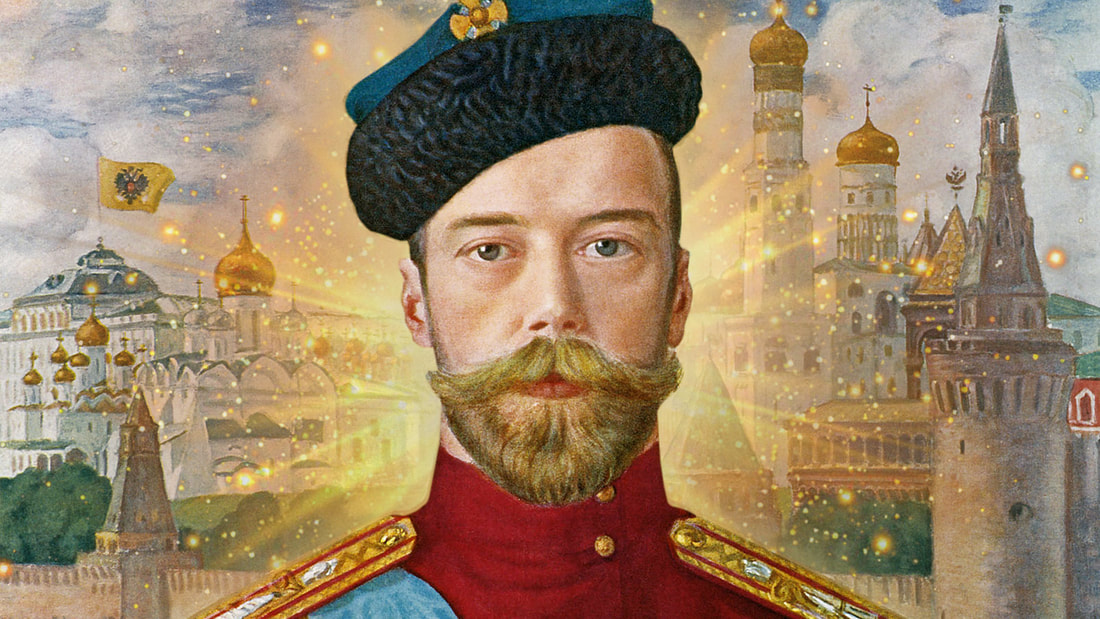

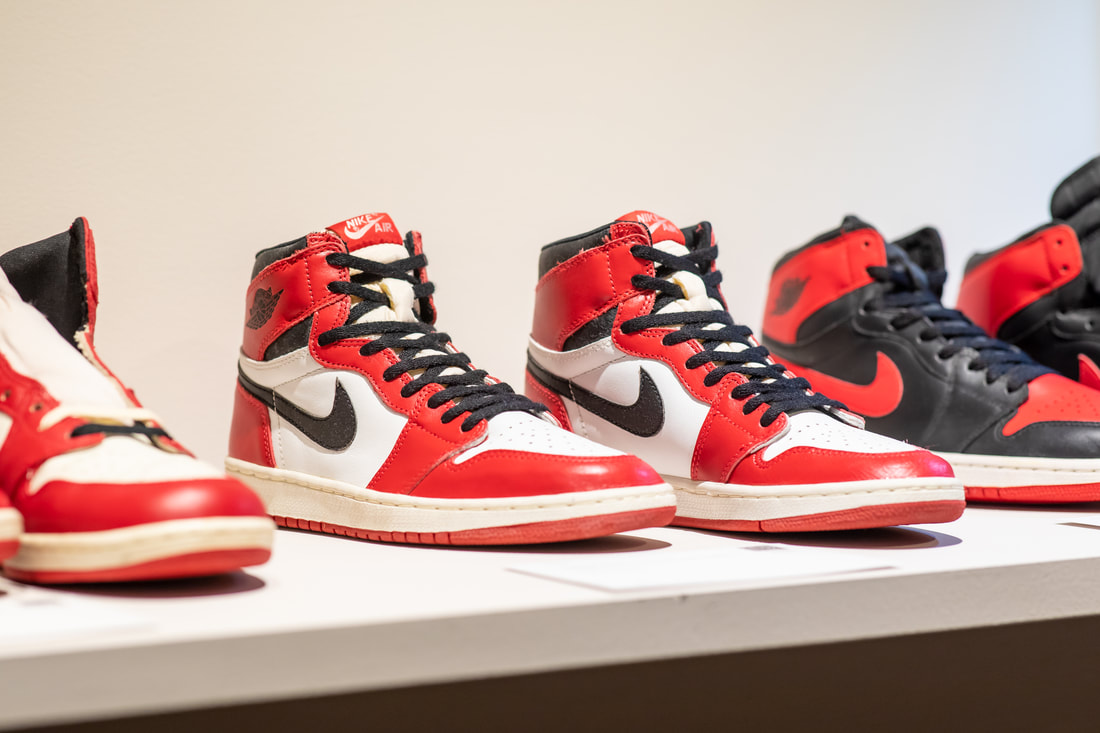
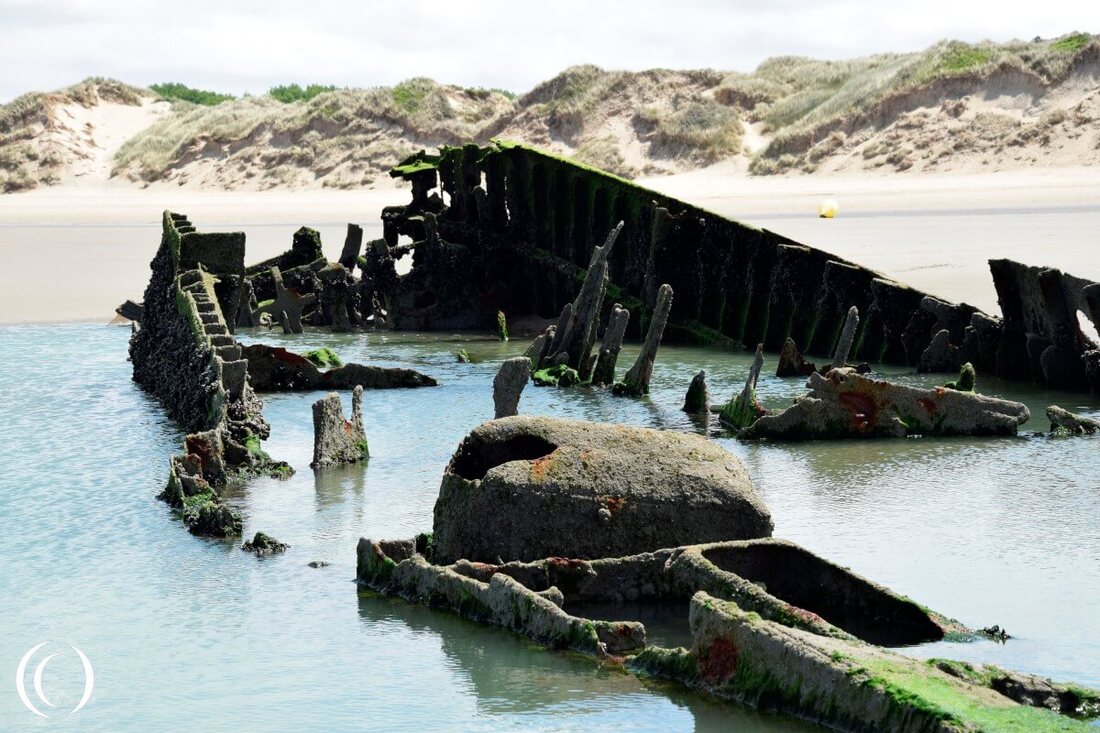
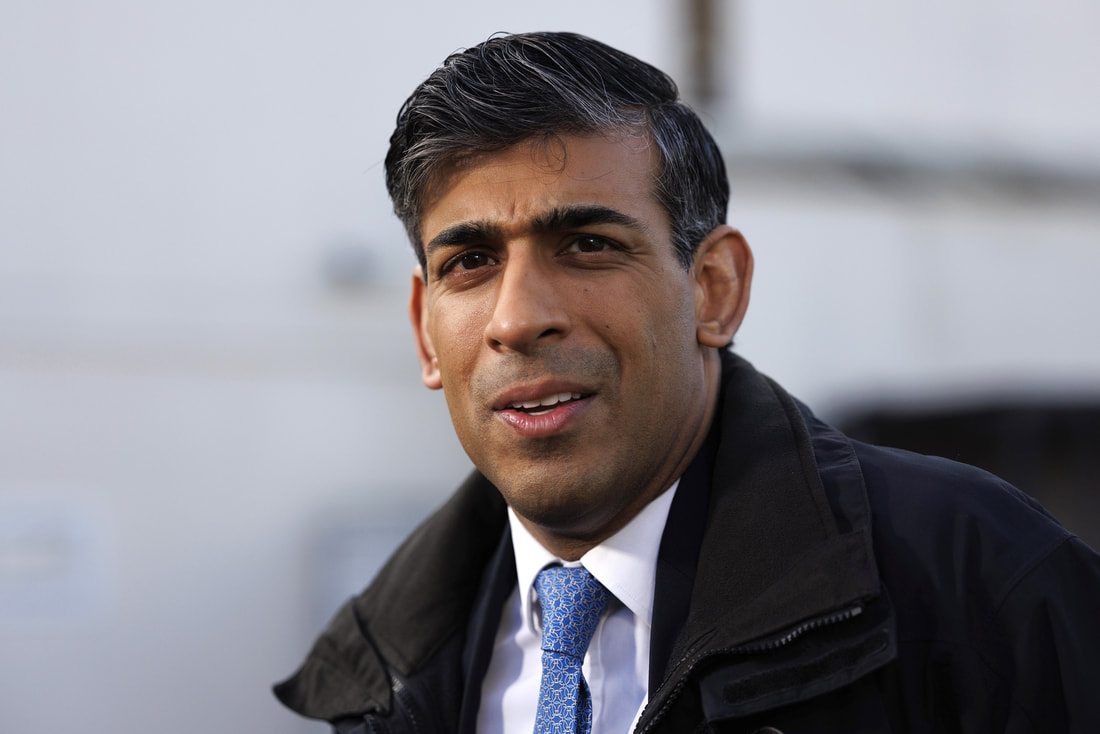
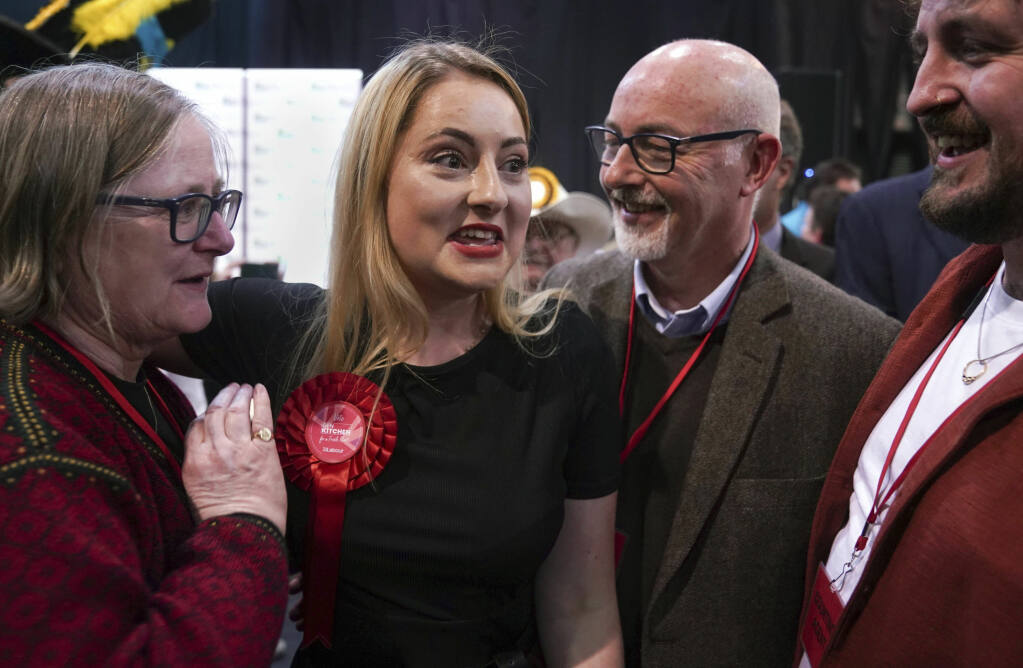
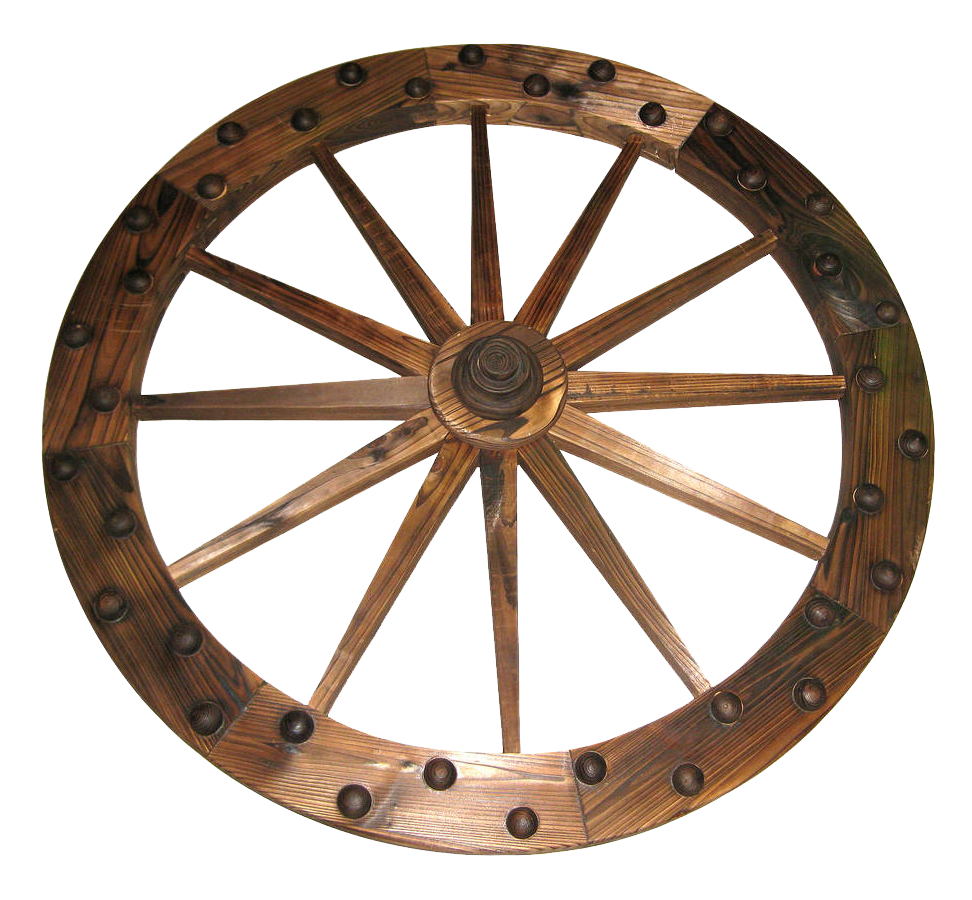
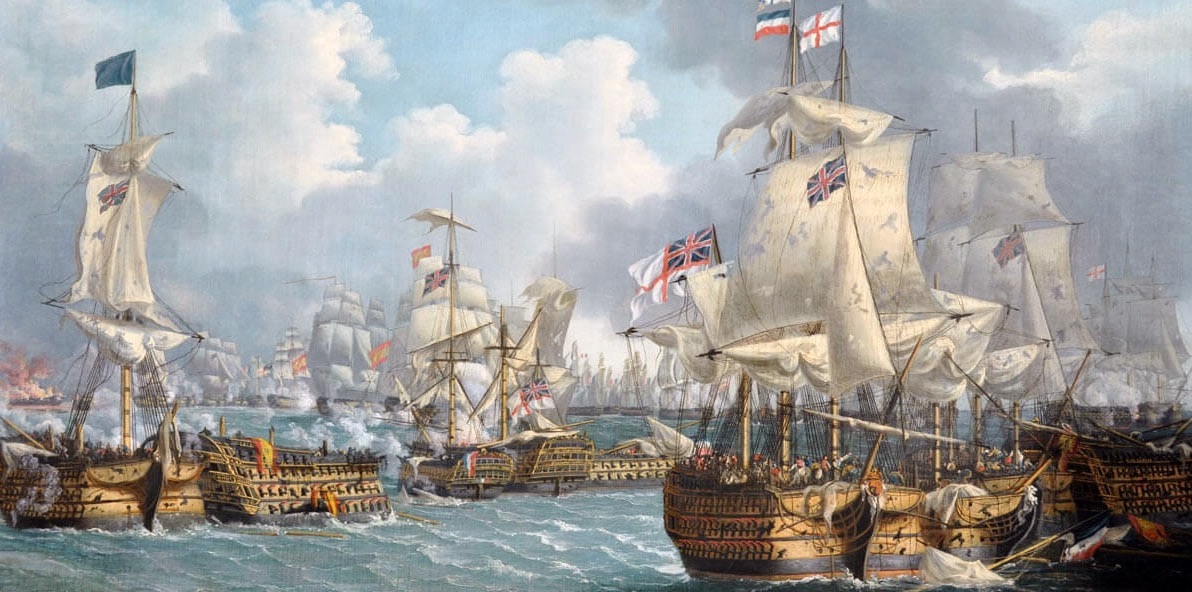

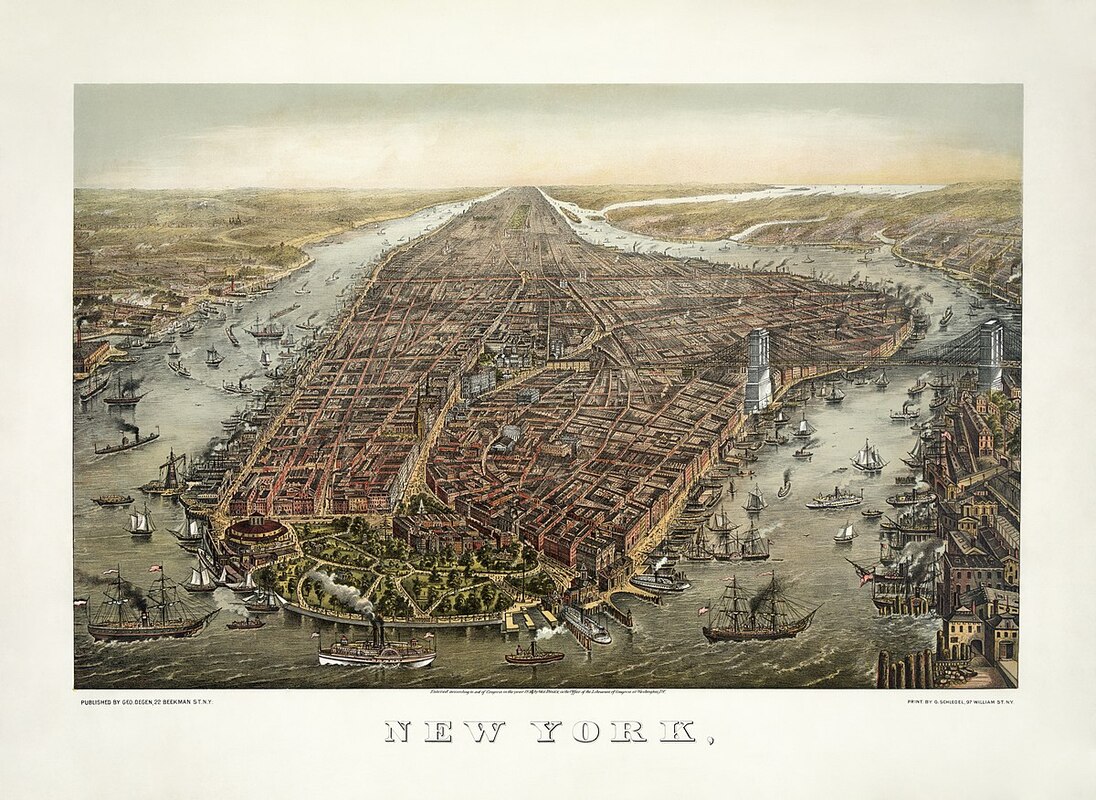

 RSS Feed
RSS Feed